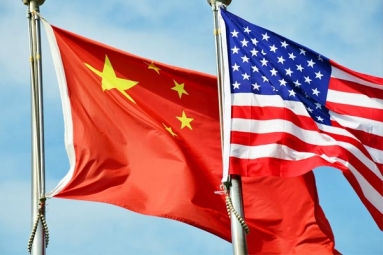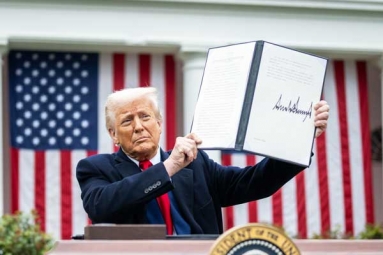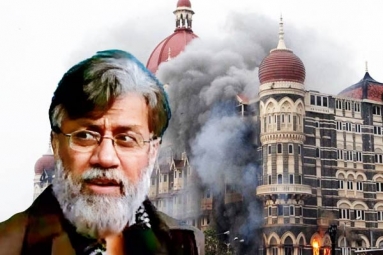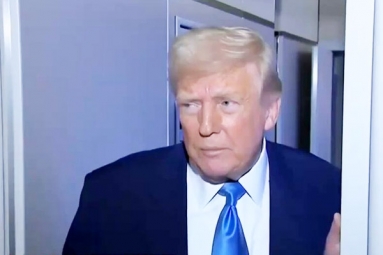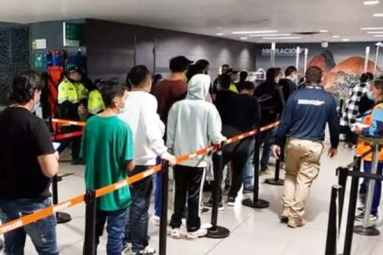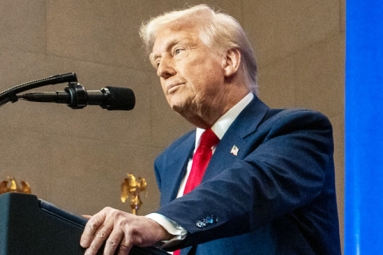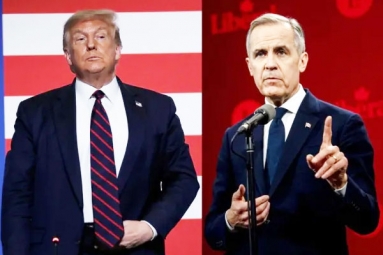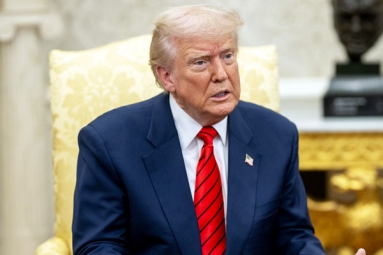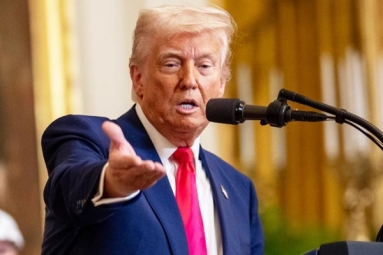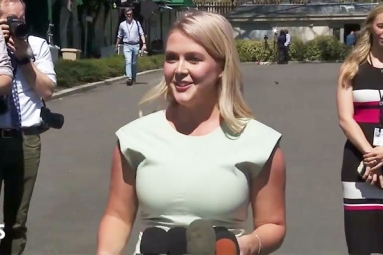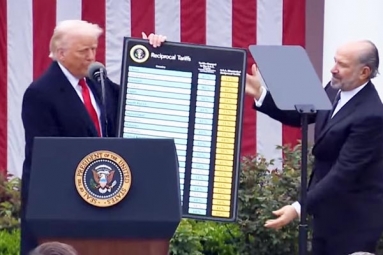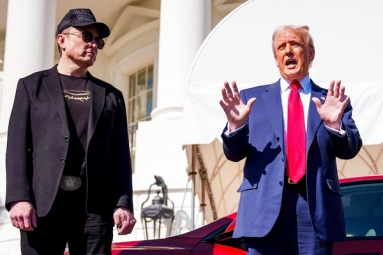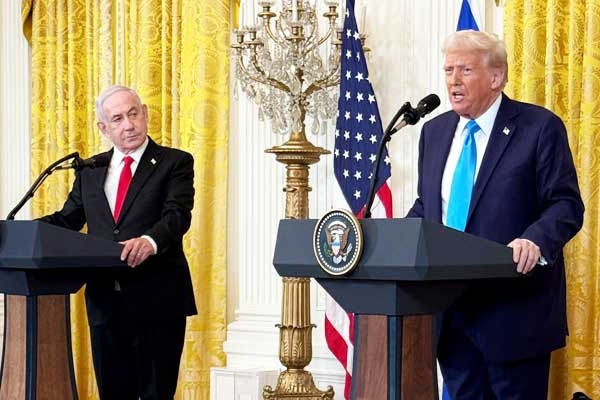
(Image source from: x.com/WhiteHouse)
More than a week ago, after 16 months of conflict, US President Donald Trump referred to Gaza as a site of destruction and suggested the need to "clean out that whole thing." Initially, the seriousness of his intentions was uncertain. However, during a joint press conference with Israeli Prime Minister Benjamin Netanyahu, it became evident that his remarks were somewhat spontaneous. US Secretary of State Marco Rubio seemed to endorse Trump's vision of an American intervention in Gaza, emphasizing that the territory should be liberated from the control of the Islamist group Hamas. "Gaza MUST BE FREE from Hamas. As @POTUS indicated today, the United States is prepared to lead and Make Gaza Beautiful Again. Our goal is to achieve lasting peace in the region for everyone," Rubio posted on X. While neither Trump nor Rubio elaborated extensively on the proposal, Trump's suggestion for Palestinians to move to Egypt and Jordan was publicly rejected by Palestinian leaders and condemned by advocates for human rights, who viewed it as a proposal for ethnic cleansing.
"The US will take control of the Gaza Strip, and we will handle it effectively. We’ll take ownership and be accountable for clearing out all the dangerous unexploded ordnance and other munitions left in the area, demolish the ravaged structures, and create a level surface. Our aim is to foster economic development that will generate vast numbers of jobs and housing for local residents," Trump stated during his opening comments at the White House press conference with Netanyahu on Tuesday. He clarified that US officials are presenting his proposal to permanently "resettle" all Palestinians away from Gaza as a humanitarian initiative, suggesting that there is no viable future for the populace living there, as Gaza is essentially a "demolition site." For years, the United States has supported a two-state solution that would establish a Palestinian state in the Israeli-occupied West Bank and Gaza, alongside Israel. When asked whether his administration no longer endorsed this framework, Trump replied, "It doesn’t indicate anything about a two-state or one-state solution or any other alternative; it means that we want to provide people with an opportunity for a better life... because living conditions in the Gaza Strip have been terrible." However, he did not directly address the question.
The President of the United States announced that Washington intends to urge neighboring nations to accept Palestinians who have been displaced from Gaza. Since January 25, he has consistently appealed to both Egypt and Jordan to consider this, but they, along with other Arab nations, have rejected the proposal. Prior to the conflict, Gaza had a population of 2.3 million. On Tuesday, Trump stated, "We should instead reach out to other countries that are compassionate and willing to assist. Many of these nations are eager to provide help and establish various sectors to accommodate the 1.8 million Palestinians currently in Gaza, putting an end to the ongoing violence and despair. This could be funded by affluent neighboring countries." He elaborated when asked who he envisioned living in Gaza by saying, "I see a global community residing there, the people of the world. Naturally, Palestinians will reside there too; many individuals will call it home," he commented, offering no further details.
When questioned about the possibility of sending US military forces to Gaza under his plan, Trump responded, "We will take the necessary steps. If it becomes essential, we will act accordingly. We will assume control of that area, develop it, and create an abundance of jobs. It will be something that can instill pride across the Middle East." International law categorically forbids any forced population transfer. Gaza has long been home to Palestinians who sought refuge or were compelled to leave their residences amid the conflicts surrounding the establishment of Israel. Should Trump's plan come to fruition, it would imply displacing these Palestinians to other parts of the Arab world or further afield. Additionally, the proposal effectively eliminates any chance of a viable two-state solution and could be perceived by Palestinians and the Arab nations as a strategy for ethnic cleansing, aimed at removing Palestinians from their territory. Arab leaders have firmly dismissed the proposals put forth by the US President. In a statement released on Saturday, Egypt, Saudi Arabia, the United Arab Emirates, Qatar, the Palestinian Authority, and the Arab League expressed concerns that such actions could "endanger stability in the region, escalate the conflict, and jeopardize prospects for peace and coexistence among its inhabitants," as reported by BBC.
Nonetheless, the Geneva Conventions do allow forced relocation in certain circumstances, such as the evacuation of civilians during security threats or for urgent military reasons, as well as the transfer of prisoners of war from combat zones to detention facilities, provided specific conditions are satisfied. The crucial aspect regarding such relocations must hinge on compelling justifications tied to security or military needs and must not be employed for discriminatory or punitive purposes.
According to the Gaza health ministry, Israel's military operations have claimed the lives of over 47,000 Palestinians in the past 16 months, leading to allegations of genocide and war crimes which Israel refutes. The offensive has led to the near-total internal displacement of Gaza’s population and triggered a humanitarian crisis marked by widespread hunger. Currently, fighting has subsided under a tenuous ceasefire.






